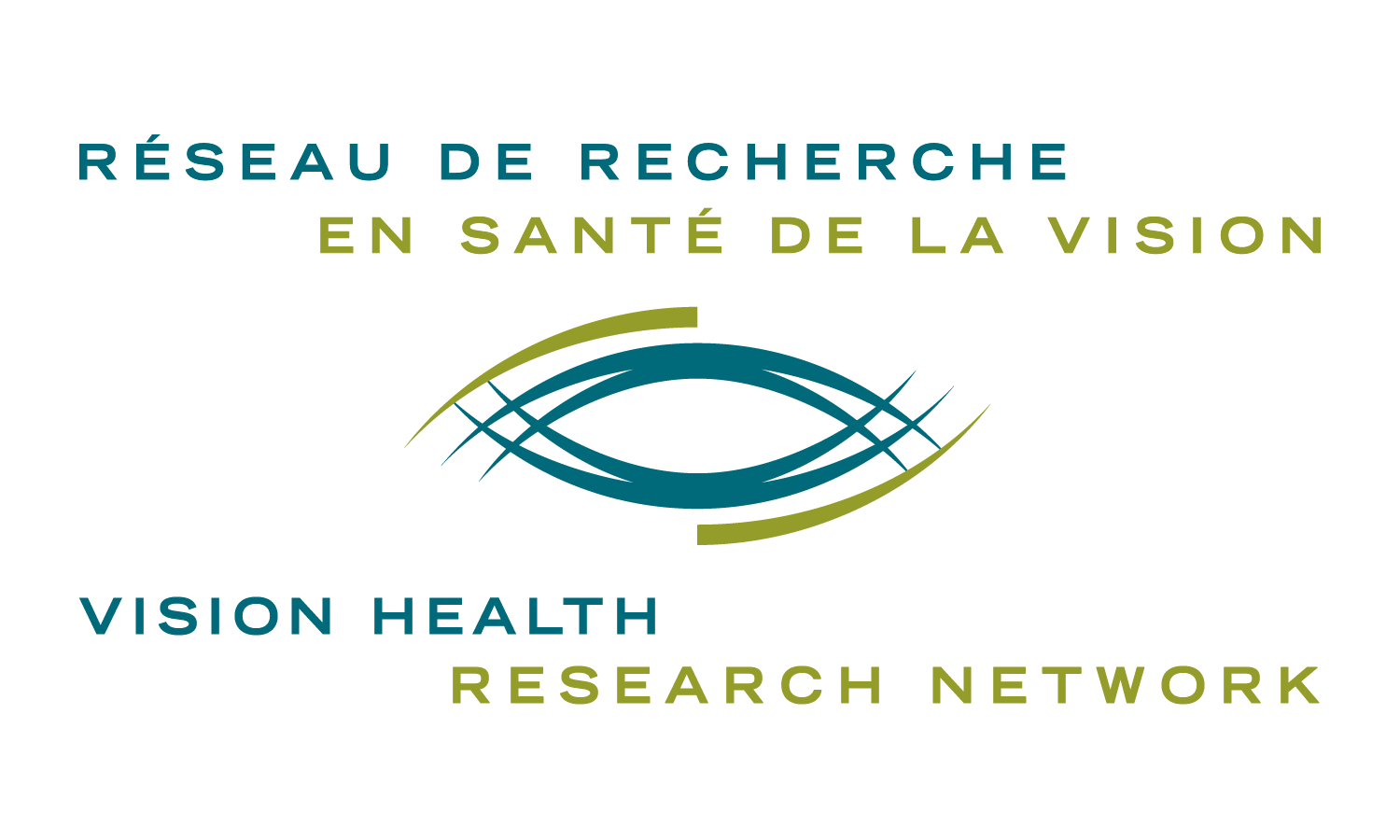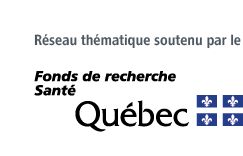2023-2024 Early-career funded researchers
Thank’s to the Fondation des maladies de l’oeil (FMO), the Network is pleased to announce our 3 early-career researchers awarded this year.
Joseph Paul Nemargut, PhD COMS
Assistant Professor since March 2021
École d’optométrie- Université de Montréal
Axis: Rehabilitation and Social Issues of Visual Disorders
Domain: Clinical research
Walking blind: Strategies used by people with visual impairments around the world to gain independence
Due to diminished visual function, people with visual impairments (PVI) lose their independence, thus find it difficult to perform basic daily tasks like navigating their home, and become even more anxious when venturing into a new setting. Although there is significant international public awareness regarding the impact visual impairments on reading abilities, fewer studies have examined the impact of visual impairments on independent mobility. Considering that independent mobility has considerable impact on an individual’s quality of life, employability, and social participation, it is essential to determine the level of independent mobility PVI have on an international scale. Though PVI report positive impacts on receiving professional mobility services, these services are severely lacking or non-existent in many countries throughout the world. At present, no global study on the impact of these services on independent travel has been conducted. Additionally, little is known about the impact of personal factors (i.e., desire for assistance, participant in sports/leisure activities) to improve independent navigation. This study consists of three online questionnaires in English, French, Spanish and Mandarin, as well as interviews with members of the community living with visual impairments, medical or rehabilitation practitioners, and educational staff in various countries to assess the impact of these services. The information that we acquire through this study will lead us to develop clinical guidelines for personal and professional activities that promote independent travel for PVI even with limited resources.
***
Alexandre Reynaud, PhD
Assistant Professeur since January 2021
Research Institute of the McGill University Health Center
Axis: Brain and Perception
Domain: Discovery research
Investigating the miswiring of the brain’s visual areas in amblyopia (lazy eye)
About 3% of the population suffer from amblyopia (lazy eye). This is a neurodevelopmental problem of the visual system, in the brain, that can occur when one or both eyes do not see well during early childhood. Although problems with the eyes may be fixed through surgery or with glasses, in amblyopia this may not be a cure. This is because the parts of the brain that the eyes are connected to have not developed in the normal
way. In this project, we want to investigate some of the ways the brain can be miswired in amblyopia. Understanding what is wrong with the way things are connected in amblyopia will help us develop new treatments to fix the condition. We are specifically interested in visual surround suppression. A typical demonstration of surround suppression is that it is harder to detect a target object when it is surrounded by other elements compared to when presented alone. In the brain, the target object and the surrounding elements are seen by different neurons. For the surround to « suppress » our ability to see the target there must be some communication between them. In particular, we will investigate how this affects binocular vision by presenting the target and surround elements to the two eyes separately. We will conduct a detailed investigation of the role of interocular surround suppression in amblyopia. We will measure suppression using behavioural visual tasks and imaging. The results of this investigation may be translated into new training therapies for treating amblyopia.
***
***The following project was funded by the Fondation des maladies de l’œil (FMO)***
Ajitha Thanabalasuriar, PhD
Assistant Professor since August 2020
McGill University
Axis: Emerging Technologies
Domain: Discovery research
Gaining insight into the function of newly discovered corneal macrophages in tissue repair and infection control
Immune cells are strategically positioned throughout our body, serving as vigilant guardians against infections and aiding in the healing process following injuries. Much like watchful guard dogs, our innate immune cells diligently monitor for signs of infection and tissue damage. Each organ harbors its own distinct populations of innate immune cells, which patrol the tissue beds, ready to identify and neutralize any potential threats that may jeopardize the body’s well-being. Among the body’s diverse tissue beds, one of the most remarkable is found at the front of the eye. The cornea, a domed structure forming the outermost layer of the eye, plays a crucial role in maintaining clear vision. However, this transparency poses a challenge as the cornea is routinely exposed to environmental elements that can harbor particulates and infections. While the tear film covering the cornea serves to clear infections, it can be compromised during tissue injury. We have uncovered a specialized group of macrophages (a type of innate immune cell) called corneal epithelial macrophages (CEMs) dwelling among the cells of the cornea’s outermost layer, the epithelium. These newly uncovered macrophages exhibit swift responsiveness to corneal damage, mobilizing to the site of injury within hours. In this research program, we aim to comprehensively elucidate the role of CEMs in both corneal tissue repair and the control of infections.
***





